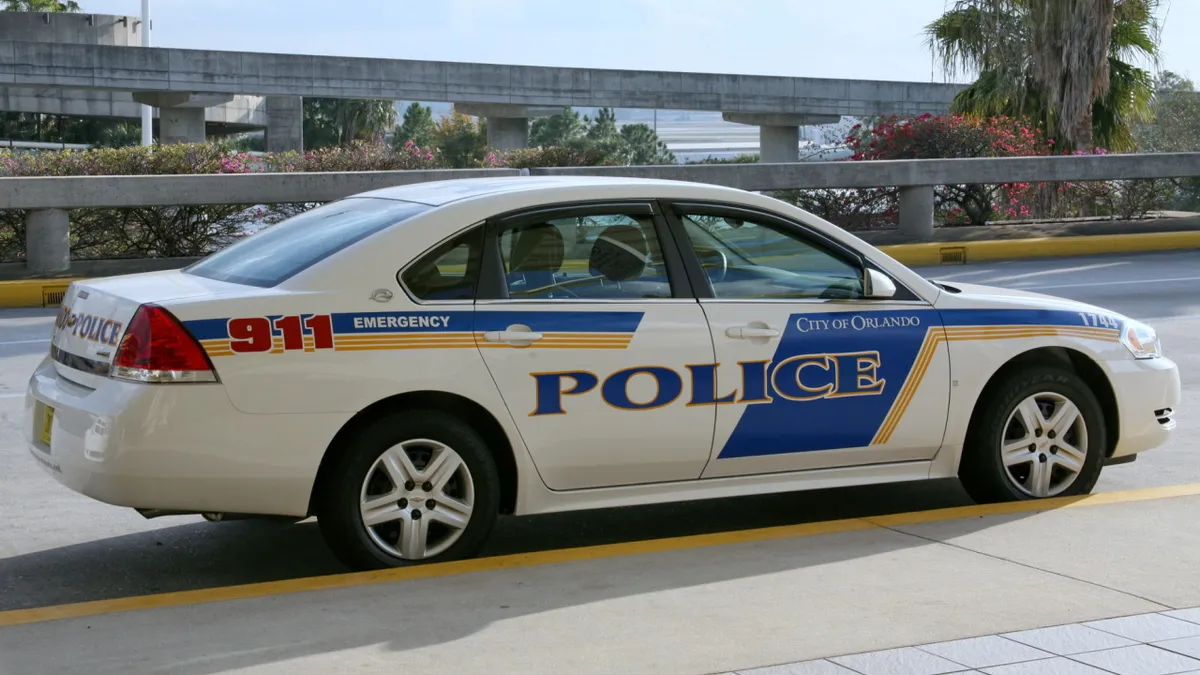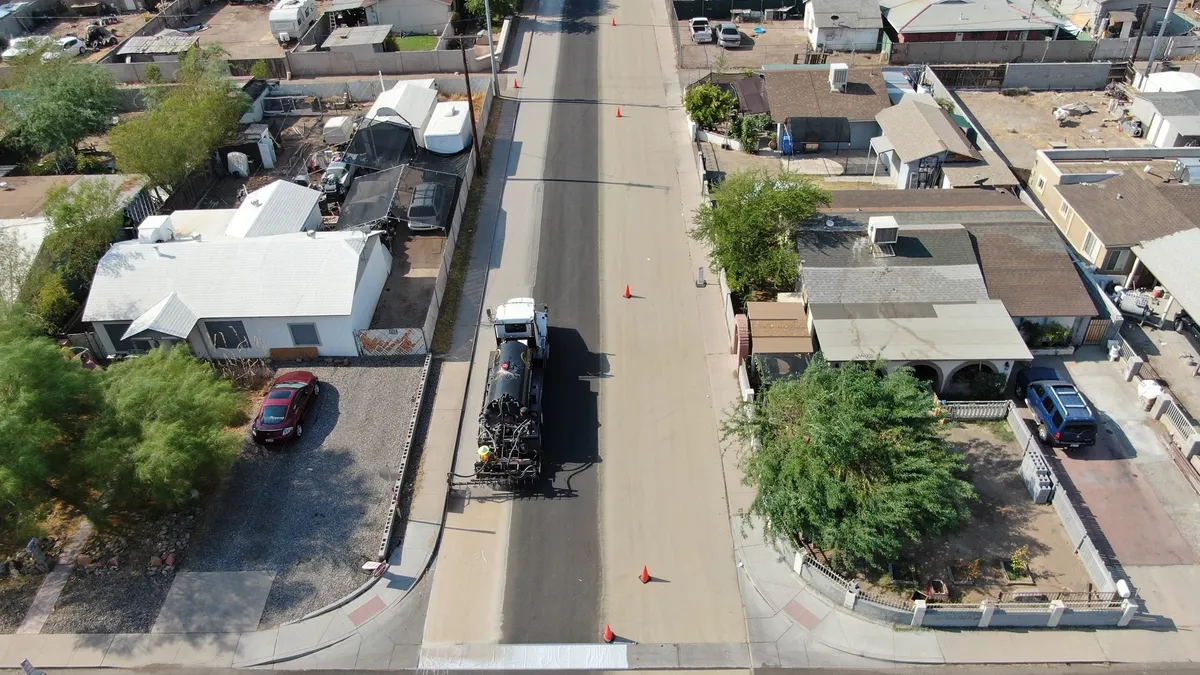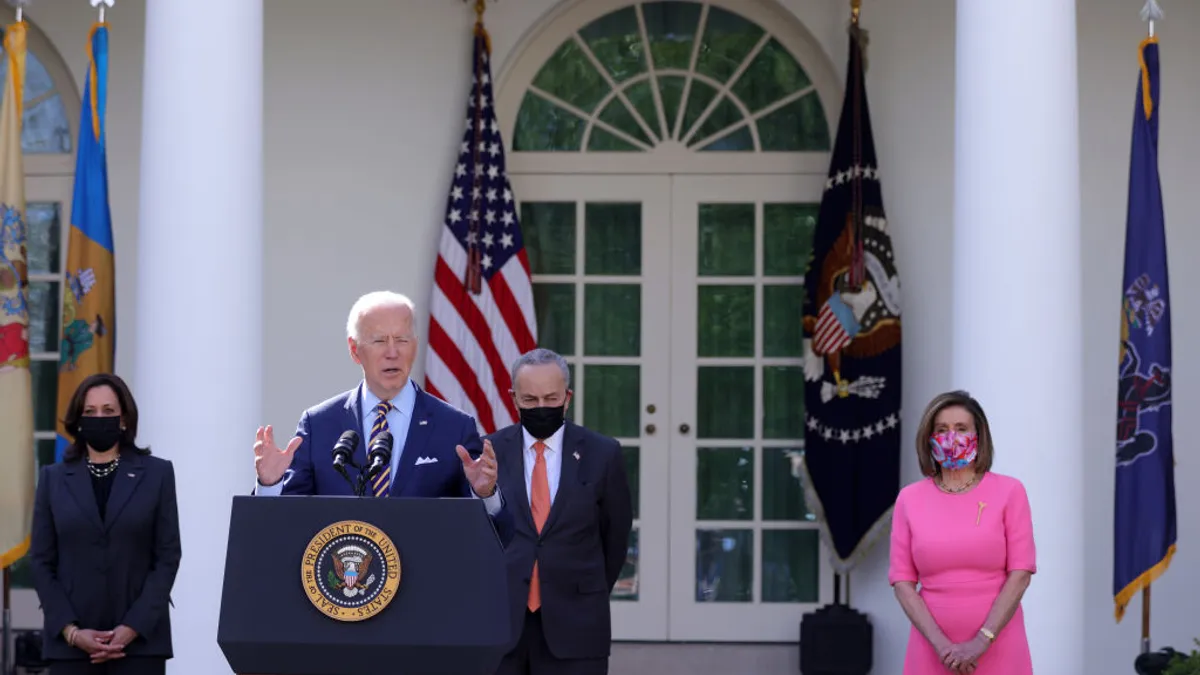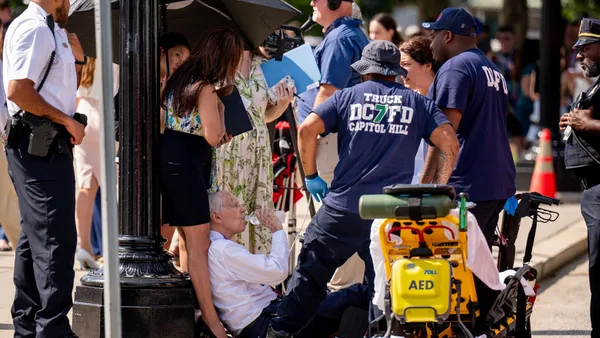Dive Brief:
- The City of Orlando, FL has ended a pilot program with Amazon Rekognition, the company's facial recognition software, after a two-part, 15-month trial.
- The city "was not able to dedicate the resources to the pilot to enable us to make any noticeable progress toward completing the needed configuration and testing," city officials wrote in a memo to city council. The pilot with the Orlando Police Department had been slated to end last week.
- Orlando Weekly reports that the software, which was designed to identify and track potential suspects, was glitchy and did not work as intended. According to the paper, bandwidth issues meant the software couldn’t be tested with more than one camera at a time, and video feeds would disconnect.
Dive Insight:
Amazon has marketed the controversial Rekognition product to police departments around the country, and Orlando’s public trial was closely watched by technology boosters and civil rights advocates alike. Another department, Oregon’s Washington County Sheriff’s Office, confirmed to Smart Cities Dive that it is still using Rekognition on a full-time basis after a trial in late 2017.
The technology has been touted as a powerful public safety tool. But there has been a backlash over concerns about invasion of privacy and the software’s treatment of minorities. Multiple studies, including one from the Massachusetts Institute of Technology Media Lab, have found that facial recognition software can struggle to identify or distinguish minorities. Three cities — San Francisco, Oakland and Somerville, MA — have recently passed bans on government use of facial recognition, and other governments are weighing their own restrictions on its use. Even some Amazon shareholders raised objections to Rekognition at a recent board meeting.
The Orlando pilot was not meant to be used on members of the public, but was instead only to be used to track police officers who had volunteered for the pilot. The city also makes clear in its memo that future technology could be adopted. "We will continue our efforts to position the city to take advantage of advances as they emerge,” wrote the officials, including police chief Orlando Rolon.
The data and images collected in the trial belong to Orlando and are not being stored or used by Amazon, according to an Amazon Web Services spokesperson.
In a statement, the spokesperson said, "customers — including law enforcement agencies and other groups working to keep our communities safe — should have access to the best technology." The company has "talked to customers, researchers, academics, policymakers, and others to understand how to best balance the benefits of facial recognition with the potential risks."










